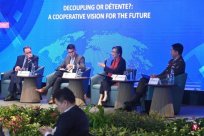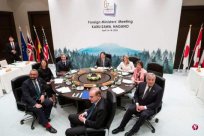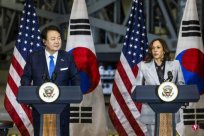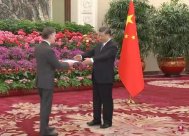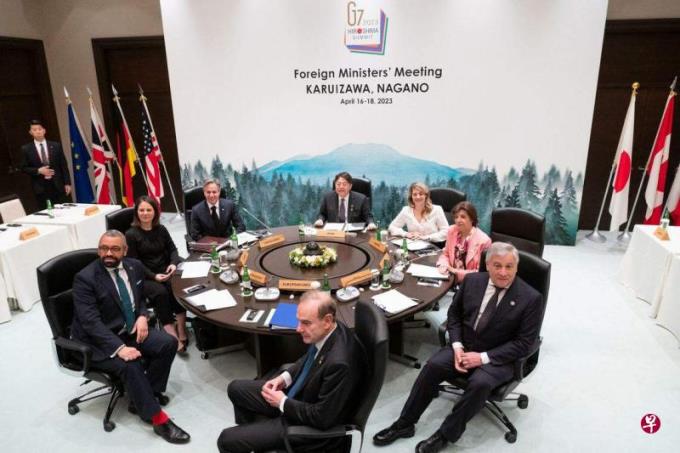
(London News) EU and Japan's opposition to the United States proposed key pointsThe Seventh Kingdom Group (G7) member states prohibit all the proposals to export all products to Russia.
G7 leaders will hold talks in Hiroshima next month. According to the documents seen by the Financial Times, the G7 leader statement drafted by the meeting includes a commitment to a comprehensive export ban and a minority exemption to replace the current RussiaSanctions in individual areas.Based on this comprehensive export ban, agricultural products and medical products will be exempted.
The report quoted the two officials that the United States was increasingly frustrated with existing sanctions and allowing Russia to continue to import Western technology, so this suggestion was made.
However, according to three people who understand the situation, representatives of Japanese and EU countries pointed out at a preparatory meeting last week that this sanctions were not feasible.One of them said: "From our perspective, this is simply impossible."
A spokesman for the White House National Security Council refused to comment on the dialogue with the G7 partners, but it shows that it will "continue to seek Russia to bear the bear Russia to bear the responsibilityThe method of responsibility ".He said: "Our coordinated actions with G7 partners have implemented a series of maximum sanctions and export control operations on a major economy in history ... These actions have a significant impact and weaken Russian funding and launching non -righteous war."
The differences in sanctions on Russia's sanctions on Russia, highlighting the lack of additional choices of G7 leaders after 14 months after the outbreak of the Russian and Ukraine War, the G7 leader lacks additional choices when seeking economic sanctions on Putin regime.
In addition to the comprehensive export ban, other disputes listed in the G7 statement have less controversy include: taking more measures to prevent the avoidance of existing sanctions and acts against the "intentional funding of the Russian war".

